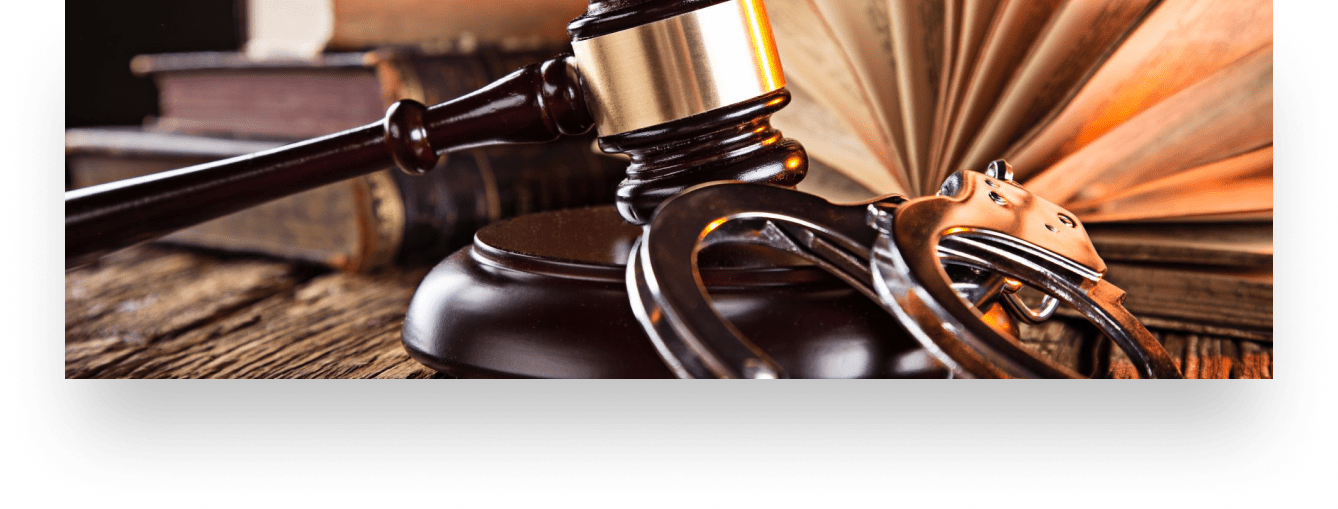Most cases in criminal law involve witnesses.
A witness can be a police officer or an ordinary citizen. Witnesses are crucial for both the defence and the Crown Attorney as they repeat what they saw during the event or incident in question. When someone tells their story about what they saw they are basing the story on their memory.
The burden of proof in a criminal case always rests with the Crown Attorney – it is their burden at all times. In some cases, the identity of the accused is more difficult to establish for the Crown. In such cases, a real defence I have employed is that my client before the court, the Accused, is not the person who committed the alleged crime. That is, a crime was committed, no doubt, but it was not my client. I call it, “the you’ve got the wrong guy defence”. In my experience, this defence usually works very well in situations where the identify of the alleged offender is based upon one witness (but could be more).
The courts have taken into consideration the fact that wrongful convictions have occurred in the past due to mistaken eyewitness identification. While a witnesses’ intentions may be very good, the witness can still get it wrong. There have been studies and commissions about the frailties of eyewitness identification and memories. In fact, the law holds that eyewitness evidence is in fact opinion evidence (which is usually excluded unless a witness qualifies as an expert) and as such, very little weight should be given to it. Wrongful convictions have occurred in the past due to such false memories and recollections when it comes to remembering people (eyewitness identification).
The courts will look to the circumstances surrounding the eyewitness identification such as time of day, lighting, details of the offender (or lack of details), stressors placed on the observer (or lack of stressors) and whether the witness saw the alleged offender before (to name only a few considerations). The bottom line is just because a witness says they saw person X commit a particular crime, does not mean that person X is the person the witness really saw. From an objective point of view, the witness may not have been able to make such an opinion. There is much more than meets the eye when it comes to eyewitness identification evidence in a criminal trial.
If you are facing criminal charges at the Brampton Courthouse or elsewhere in Ontario and think your case involves an eyewitness call criminal defence lawyer Avi Baratz for a free consultation at 416-937-3777 or email at avi@baratzlaw.com.





